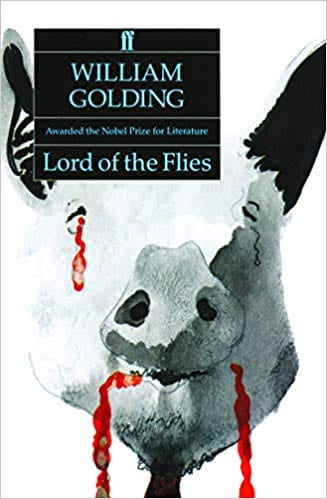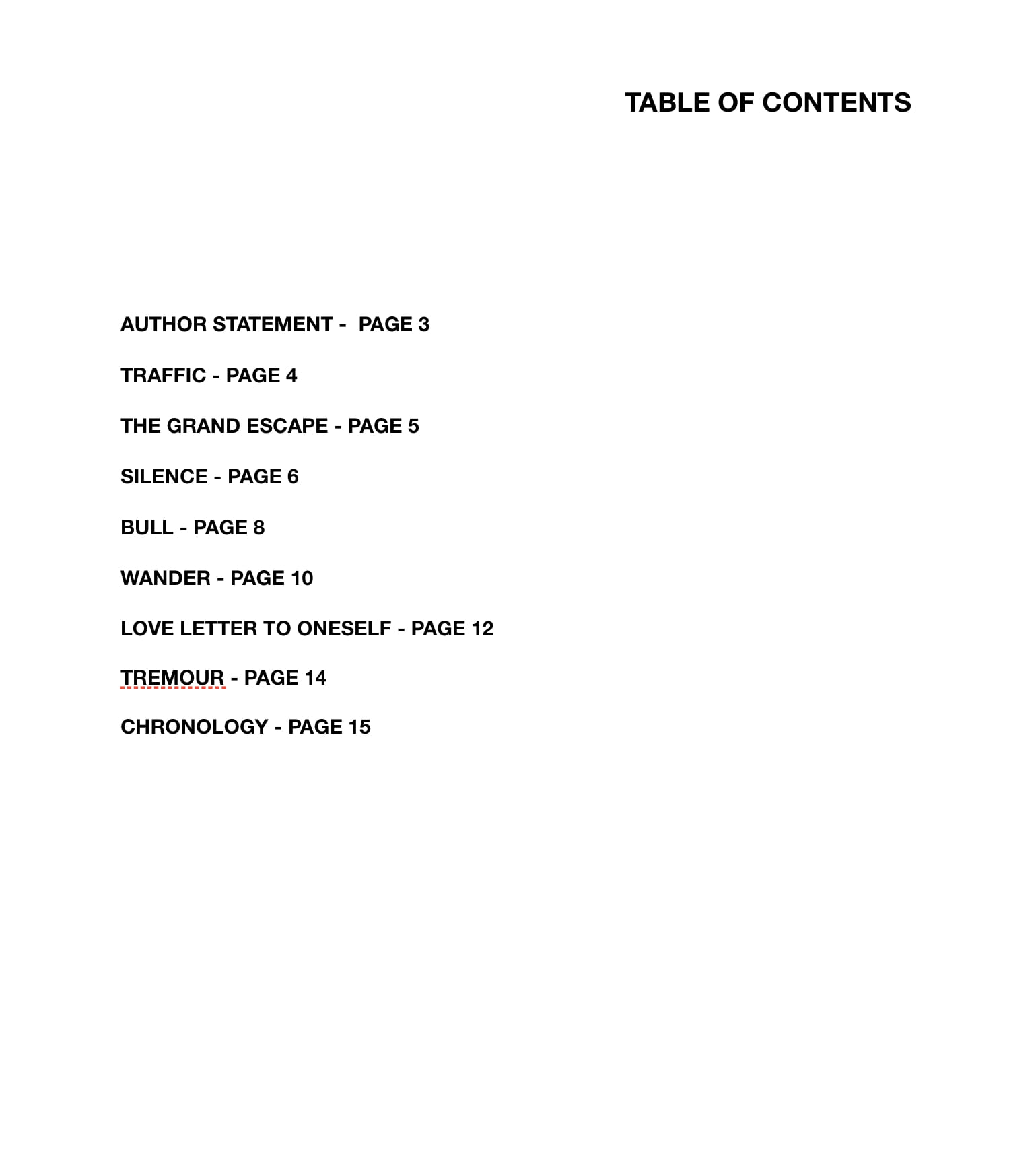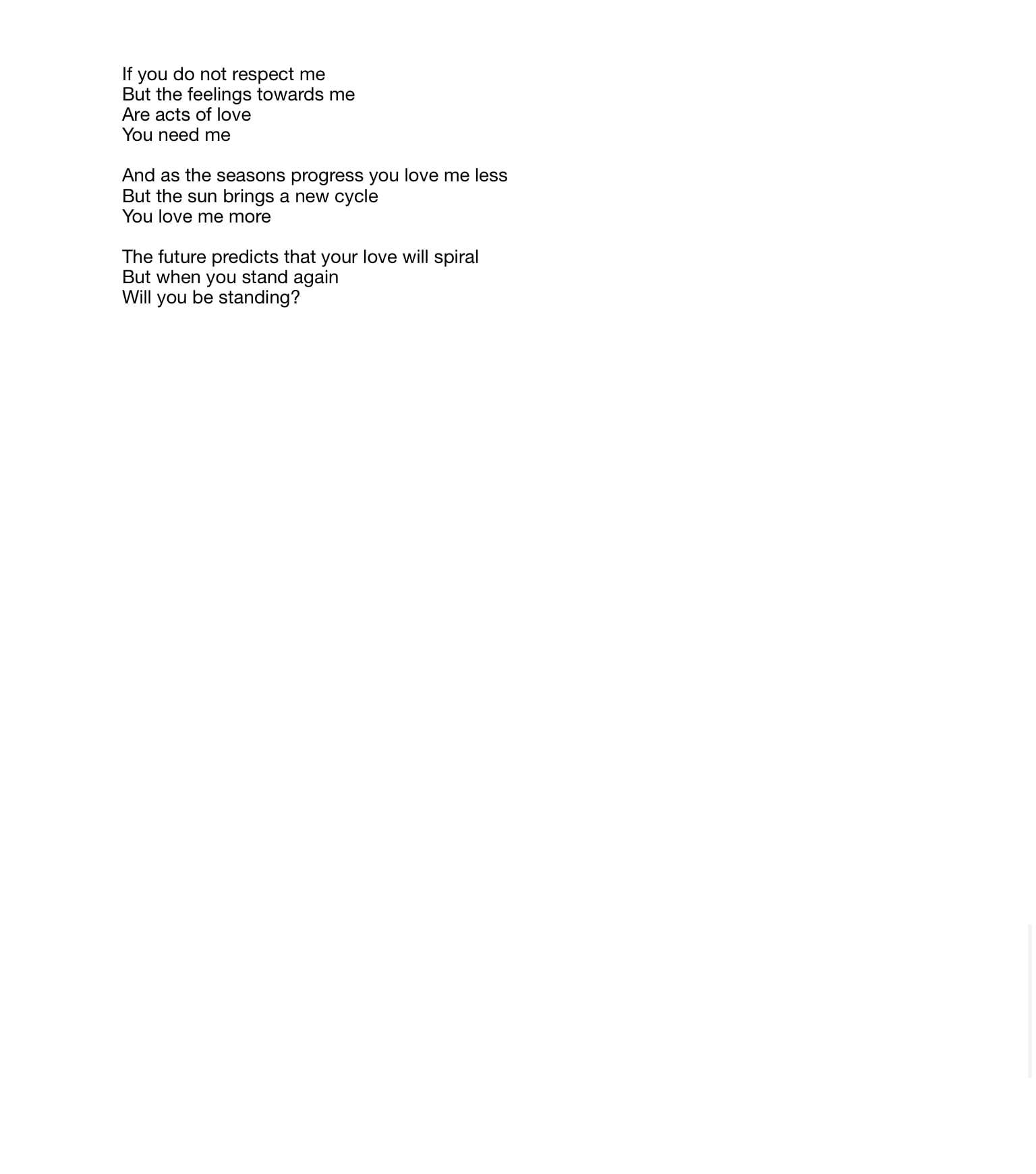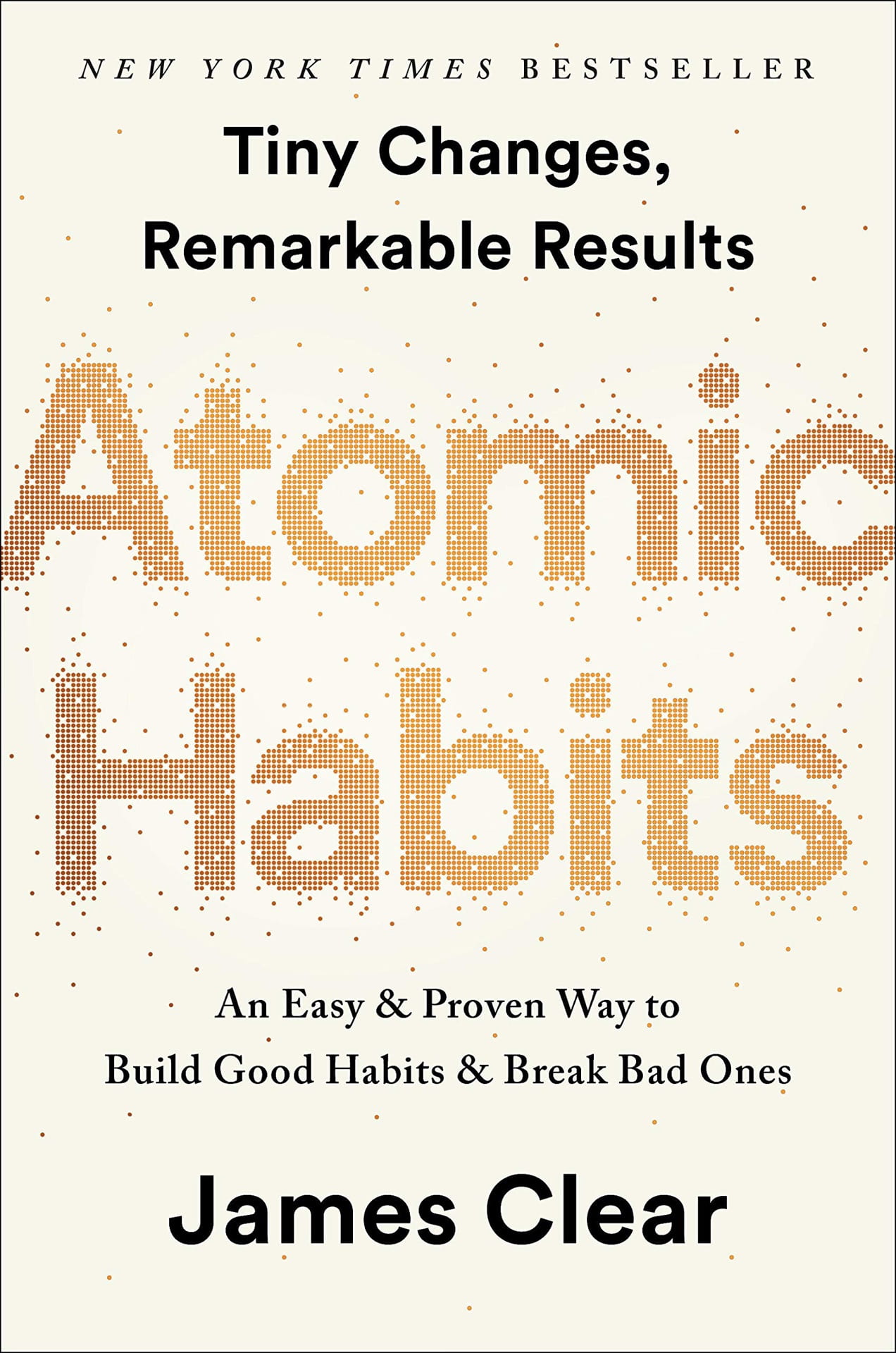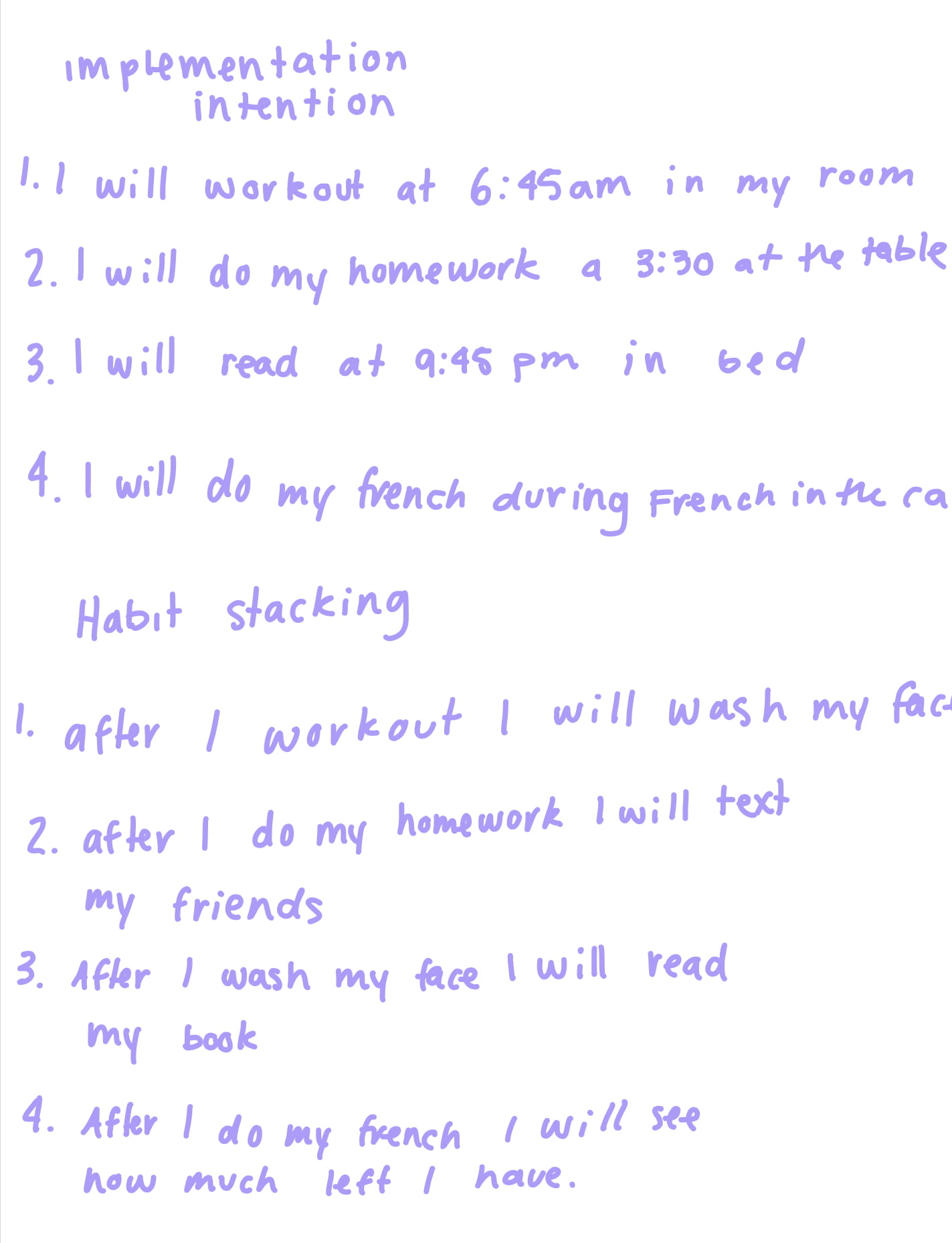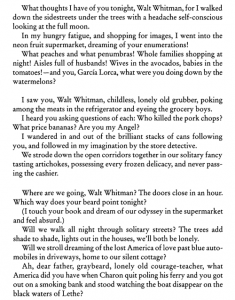I am now officially old enough to to drive, to go on trips with my friends alone and to be in the second to last year of high school.
It’s a big year, and that is reflected in the work I produce. I have to say that I am particularly proud of what lays behind me this year, traveling to Albuquerque, New Mexico and really educating myself about the atomic bomb and its role in the war, to writing poetry, I think that my whole class has a lot to be proud of, so I would like to travel back in time, and show you what I have produced this year.
This year all begins in the middle of August 2019.
Basking in the sun with my friends, the conceptual question of wether I had, or had not read the book for english pops up, what a stresser. I ended up not reading the book until school had started, though when school did start, we began discussing our very first project, and this book, which connected to
The manhattan project
This project entailed research into the history of WW2 as well as research into the science behind the bomb itself. I really enjoyed the mix of the 2 subjects, and had a good time furthering my understanding outside of class. The trip that we went on made everything much more understandable, (aside from the time at which we had to wake up for to see the rise of the hot air balloons, though that was an incredible experience, and I will never forget it.)
While learning about the atomic bomb, we made our atomic books. I made sure to take a lot of footage for this project and enjoyed documenting every little thing, I took a lot of voice recordings and though I was quite persistent, I really only used very few! But the second I got a good clip, I knew exactly where it would go, and how it would fit into the video. I also prized myself on the writing that I added into the book. I did a lot of research, and though I was told at the beginning to cut the writing down, I did, but I also found that writing is one of my gifts, and that I should pursue my stronger talent before I further the lesser talents. So my book ended up being very book based, which makes sense. This made me more proud of the final product.
Lord Of The Flies
The second piece of literature we dug our noses into was Lord Of The Flies, we read and watched the movie for this project. The reading of the book went down quite well, I stuck to the due dates and perceived the story as I was reading. I feel that this is a good example of how self regulating I am. I know that it would have simple to read the spark notes, and pretend like I read the book, but no. I realized that the more I put off actually doing the work, the more the work builds up in the future,and the more screwed you get. I believe that I have been this way for a while and this has never really been a problem for me but I wanted to point out this quality because reading the book didn’t increase my grade, it didn’t automatically make me a better student, but it sort of ties into the PGP book,
just becuase you dont see evidence of change immediately, doesn’t mean you have to stop trying, it means you just beginning. So instead of looking for the evident reason that benefits me, I decided to self regulate, and make sure that I made time for it, instead of just leaving it. In the end it benefited me greatly, because just reading the book makes you have a stronger connection to the story, and then writing tests is simple because you have a grander understanding.
DOWNFALL
Something that I didn’t do so well would have to be the Lord Of The Flies presentation. My group still did well, but our personalities did not mix well, and the characteristics began to clash. We ended up stepping on each others toes which just pissed everyone off, so our presentation wasn’t everything that I wanted it to be. What I took from this experience was that sometimes its hard to motivate unmotivated people, and that you cant treat everyone the same. Certain people need certain cues to actually do the work and if you use the same ones for everyone they loose their ability to achieve the outcome you want. So during this project I used cues that I would have followed, and Luca followed as well, but our other group members needed a different cue, and I didnt think about including that. So I have learned from this mistake and it will be especially important during our next project to remember.
Poetry
Out of all the things I created this year, I would have to say that I was the most proud of my poetry. I had a random woman come up to me the day after I presented my work, almost in tears, she said that my work really resonated with her and had so many positive things to say about it. This means the most to me. When my work is able to leave me, and effect others it is incredible. I created a book of my poetry and each one took a little piece of me with it, which I think is a really unique project. While learning about poetry I felt that I really resonated with the information and found a little fire within that extremely enjoyed writing poetry. Here is the link to my post about that project.
And here is my book of poetry!
Atomic Habits
I spoke briefly about the atomic habits book before, but I would like to mention this as well. Atomic Habits is jam packed full of powerful information, and I withdrew all of it. (Here are my habits I set in stone!)
I took notes on the book and read a chapter every morning for a week to get through it before school started up again, but I couldn’t fully apply it to my life. I found it hard to initialize these habits into my life. I decided this year my main goal was to focus my energy on areas that really need my help, and all the habit methods and the cue, craving, response, reward, have directed my focus more clearly but I think that I need a bit more of a cue, to initially start this regime. I used this process to incorporate more activity into my week and to plan with my family. But I find I am really happy with how I live my life right now. I dont have one major issue that sticks out to myself, and because of this I find it hard to apply pressure on myself to create this new habit that I am not interested in creating. I think I need to be struck with a bit of creativity and time, and I’ll think of one, but for now I’ve began working out more, and caring for my body, with help from atomic habits, and I’ll leave it at that.
My goal this year is to apply the proper amount of energy into projects, instead of applying to much, or not enough (cantina), and be able to enjoy life and live a balanced lifestyle, where stress is a far away thought.
So my questions for you as an audience is how do you decide what projects to spend the most time on, and on these projects what does full effort, half effort and little effort look like?



